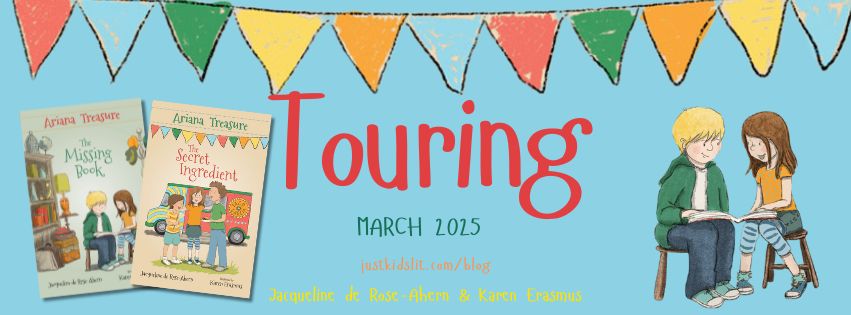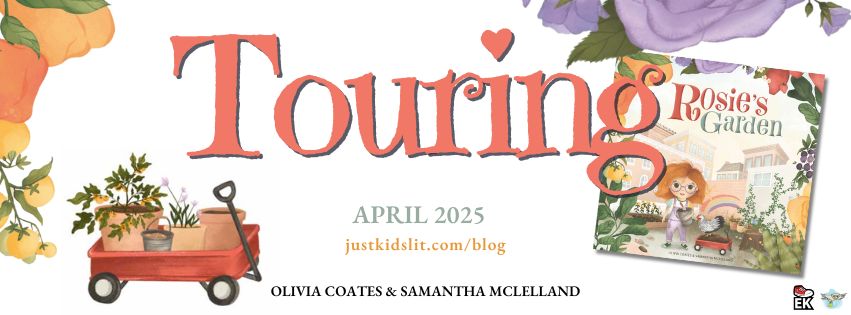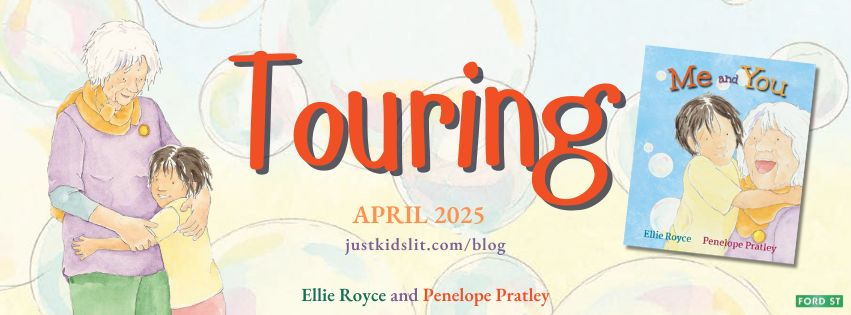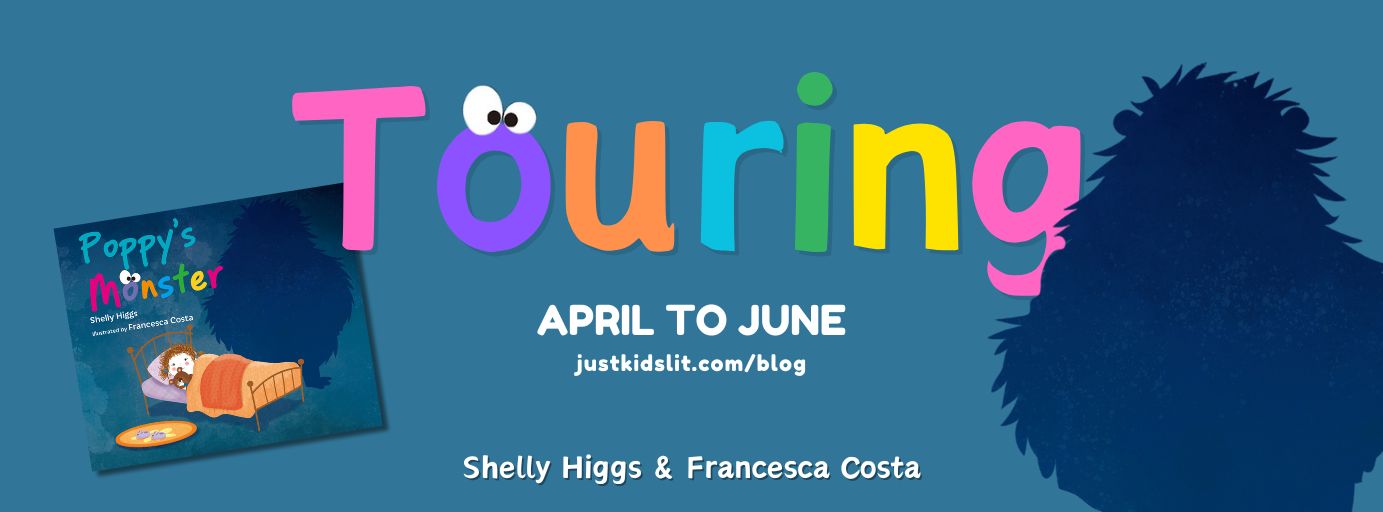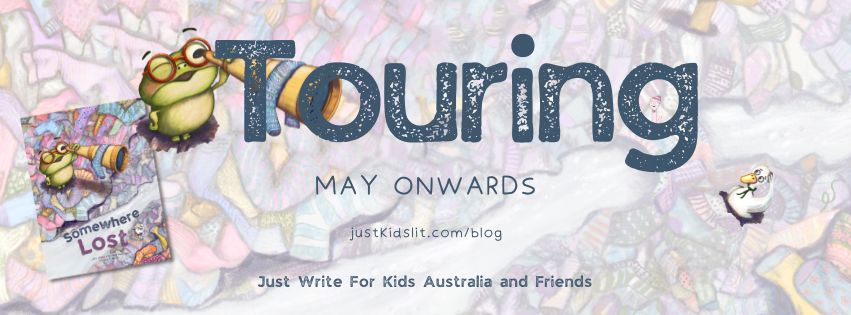Red Day, Sandy Fussell, Walker Books Australia, 2020
From the publisher: Set against a backdrop of the 1944 Cowra Prisoner of War Camp breakout, this powerful story explores an important part of Australia’s past and how it informs the future.
Set in a modern-day small town among the remnants of a Japanese POW camp, this is the story of Charlie. Charlie has synaesthesia and hence sees and hears differently: people have auras; days of the week are coloured; numbers and letters have attitudes. But when Charlie meets Japanese exchange student Kenichi, her senses intensify and she experiences flashbacks, nausea, and hears unfamiliar voices in her head pulling her back to the town’s violent past. This is heartfelt contemporary storytelling at its best.
It’s hard to know where to begin writing anything during these surreal and scary days. Indeed, I think many writers are having trouble putting pen to paper. Our brains are too full of news and fear and static. We’ve lived too long in naïve complacency, imagining that major global crises (the imminent ecological destruction of our planet notwithstanding) were behind us, at least in a “safe” place like Australia.
Yes, we had the horrific bushfires, but we could band together, arm-in-arm, and overcome these. And we had a framework for processing them. We had been through so many terrible bushfire seasons in our lifetimes and we knew that the end would come, and we knew how we would get there, eventually. We could understand and we knew how to fight.
This virus? We don’t know when it will end. We don’t know how to make sense of it. We can’t escape a virus like we can escape a bushfire. We can’t drive away from this. It’s everywhere. And, worst of all, we can’t fight in arm-in-arm. We are physically separated from our loved ones. Walking out of our front door fills us with anxiety.
This doesn’t feel like a bad bushfire season or even a “bad flu season” as so many people called it, at the beginning. This feels a bit like a war.
I wasn’t expecting to find very much to relate to, in Sandy Fussell’s new book, Red Day. Indeed, that’s part of the reason I chose it, on my last physical trip to a bookshop since this all started. I’ve long been fascinated by synaesthesia, and so I thought I could indulge in some interesting learning. And I thought a teen romance would be escapist enough to take me away somewhat from the chaos around us. I knew that this book was set on the backdrop of wartime but even that – two weeks ago – felt somewhat escapist and so far from my everyday life, here in sleepy, small Tasmania.
Two weeks on, it feels a bit like we’re in a war. Two weeks on, I felt more to connect with in this book than I could have imagined.
There was so much in this story that did carry me away from the dystopia we’re living in. I adored Charlie. She was the definition of a strong female character – whip-smart and brave and funny and kind, while also being flawed and spiky and defensive and (occasionally) judgemental and mean-spirited. She felt intensely real. I also loved the depiction of Kenichi. He never felt “other”. He always felt like just another teenage boy, albeit one with some odd pronunciations of English words (who can blame him? English is a ridiculous language). Their blossoming closeness was a complete delight and so very real. I was fully invested in it from page one.
The relationships between the other characters – particularly Charlie and her mother and grandmother – completely captivated me. Fussell never shies away from writing the hard stuff and some of this felt so raw it was difficult to read, but so very worth it. The mystery of what happened to Charlie’s brother is absorbing, and heartbreaking when the truth of what happened is revealed.
I was also totally fascinated by the descriptions of synaesthesia. I still have enormous trouble wrapping my head around what it would feel like (I’ve gone down a rabbit hole of watching YouTube videos about it but I’m still completely stumped). However, Sandy Fussell does a magnificent job of bringing this amazing phenomenon to life on the page. It still feels like a kind of implausible magic, but maybe that’s fine. Maybe I’m not meant to understand.
What I wasn’t expecting, when I picked up this book, is that the historical aspects of the story would feel so pertinent today. The uncertainty and fear and paranoia when we’re faced with life-threatening situations feels very similar to what we’re going through now. The sense that life has shifted in a way we will never comprehend and that we must live one day at a time in order to get through it all – that feels uncannily like our reality now. And the kindness of strangers – so powerfully described in the book – is what we all must strive for and take comfort in.
I read Red Day at exactly the right time. It carried me away and comforted me and made me feel less alone. And at times like these, there is nothing more valuable than a book that does this.







